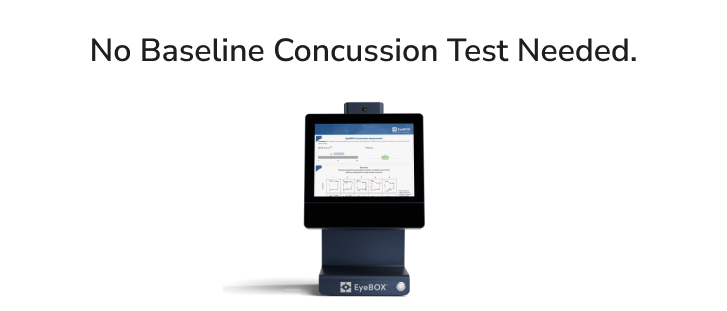For certain contact sports and activities that put participants at higher risk of concussion, pre-injury baseline testing has become increasingly common. Having a baseline, it’s been thought, allows for more accurate diagnosis in the event of a head injury.
But a growing debate is calling into question the necessity – and validity – of these tests, particularly in younger athletes. According to the most recent International Consensus Statement on Concussion in Sport “baseline testing is of limited use in younger athletes because of neurocognitive development.” And a 2022 study by leading concussion researchers, including from the Universities of Pittsburgh and Michigan, found that “incorporating baseline assessments does not significantly increase diagnostic yield for acute concussion in college athletes.”
Translation, the results are neither particularly helpful nor conclusive.
So, the question facing healthcare professionals and those involved in high-risk sports is, are baselines needed for concussion assessment?
What is a baseline test for concussion?
A baseline test for concussion is a pre-season, pre-injury assessment of an individual’s cognitive and physical functions. Athletes, particularly those engaged in sports like football, soccer, and hockey, undergo these tests to establish a baseline measurement of their “brain function”. This may mean any number of things, such as memory, reaction time, balance, and coordination. In the event of a suspected concussion, athletes retake the same test to compare the results with their baseline. This helps healthcare professionals evaluate the severity of injury and make informed return-to-play decisions.
Why are baseline tests conducted?
Proponents of baseline testing argue that it provides valuable information for medical professionals tasked with assessing and managing concussions. By having a baseline measurement, healthcare providers can compare an individual’s post-injury performance with their normal state, aiding in a more accurate diagnosis and effective treatment plan.
So, what are the potential issues with baseline testing?
Baseline tests are often subjective (a problem with many concussion tests, discussed here), and are more prone to variability due to factors such as fatigue, motivation, and even academic performance, than an objective test.
In addition, athletes may intentionally perform poorly on the baseline test, making it challenging to distinguish between genuine impairment and deliberate underperformance. Indeed, gaming a baseline test has been documented in the academic studies, and in interviews with professional athletes.
Less importantly, but of note, baseline tests take up resources. Large scale baseline testing can be costly, require personnel to monitor and administer the exams, and space to conduct the exams, especially if multiple evaluations must be conducted simultaneously.
The Advantage of Baseline-Free Concussion Tests
Besides the advantages of eliminating subjectivity from evaluations, baseline-free concussion testing allows for anyone to be tested, whether or not their pre-injury baseline is available. And baseline-free tests exist, and are validated. The EyeBOX and Vestibular Oculomotor Screening (VOMS) assessments have both been shown to assess concussion with sensitivity and specificity without a baseline test.
Our opinion: Baseline testing doesn’t hurt, but its necessity is questionable, and the utility is severely limited in situations where motivations to play or not play influence the integrity of results.
What do you think?
